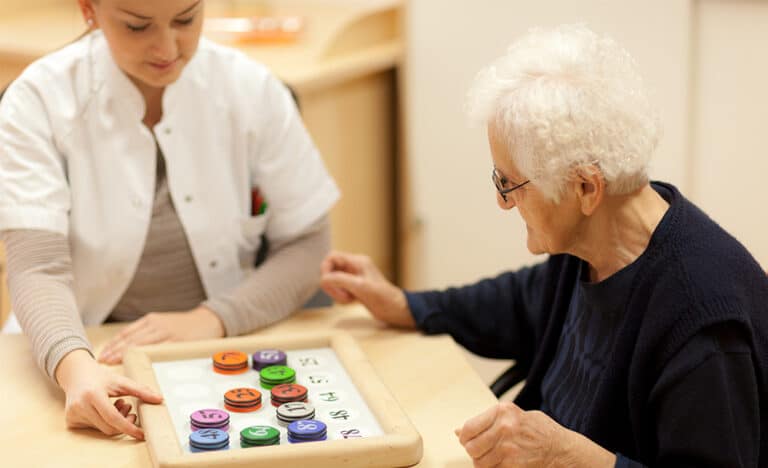Read this article if you want to learn how to prepare for neuropsychological testing. We will also discuss for which kinds of ailments you can use neuropsychological testing.
If you feel difficulty concentrating or making decisions, neuropsychological tests are helpful in finding out what is wrong. This testing method measures the ability to work on a person’s brain. The abilities tested, such as:
- Reading
- Language usage
- Processing speed
- Remembering
- Learning
- Reasoning
- Attention
- Mood and personality
- Problem-solving
Neuropsychological testing supports patients with numerous ailments, such as:
- Autism Spectrum Disorder (ASD)
- Traumatic Brain Injury(TBI)
- Memory Disorders
- Mood Disorders
1. Autism Spectrum Disorder (ASD)
It is one kind of developmental disability due to patients’ experiences regarding relationships, communication, and behavior with others in certain situations. It is a chronic condition that impacts patients throughout their entire lives.
The following are types of autism spectrum disorder:
- Asperger’s syndrome
- Childhood disintegrative disorder
- Pervasive developmental disorder.
- Rett syndrome
- Kanner’s syndrome
2. Traumatic Brain Injury(TBI)
It is a type of sudden injury that causes brain damage. A closed head injury may occur because of a bump, blow, or jolt.
The following are the types of traumatic brain injury:
- Contusions
- Concussions
- Anoxic brain injuries
- Penetrating injuries
3. Memory Disorder
Memory disorders are related to cognition, remembering, and the ability to reason, communicate and make decisions.
The following are the kinds of memory disorders:
- Mild cognitive impairment
- Dementia with Lewy bodies
- Frontotemporal dementia
- Mixed dementia
- Alzheimer’s disease
- Vascular dementia
- Encephalopathy
4. Mood Disorder
Some people with and without mental illnesses undergo mood changes according to their other reactions regarding their surroundings. For instance, you will feel stressed after a hectic day or angry after fighting with your sibling or loved one.
It reveals that exercise is supportive of improving your mood. Meeting with a friend and eating your favorite food is also helpful.
There are the following types of mood disorders:
- Depression
- Bipolar disorder
- Dysthymia
- Substance-induced mood disorder
- Mood disorder because of a general medical condition
Type of Tests Which Your Psychiatrist Will Do
The psychiatrist will select neuropsychological tests according to your symptoms and needs. Afterward, they will take several of the following tests, or just one type:
- Visuospatial skills
- Intelligence
- Executive function
- Memory
Prepare Yourself Emotionally for Neuropsychological Testing
For some patients, this kind of diagnostic testing is emotionally difficult. It is crucial to prepare the patient emotionally for these tests, which help him remain stress-free and improve his life. If it is challenging to prepare the patient emotionally, tell him about the significance of this test to better his life.
This testing procedure is stressful for some first-time patients. It is essential to prepare patients properly for neuropsychological tests, which can assist them in feeling at ease during the process.
The 24-Hour Before Neuropsychological Test
Before 24 hours of the test, the patient’s actions can impact the neuropsychological test results. He should take good care of himself before the test. For instance, he should go to bed early and avoid the following things the night before the test.
- alcohol
- Intoxicating substances
- Unhealthy food
The patient should eat a healthy breakfast the morning before the tests. Because neuropsychological tests can take a longer time in some cases, the psychiatrist does not give the opportunity to eat for a while.
Sources:






